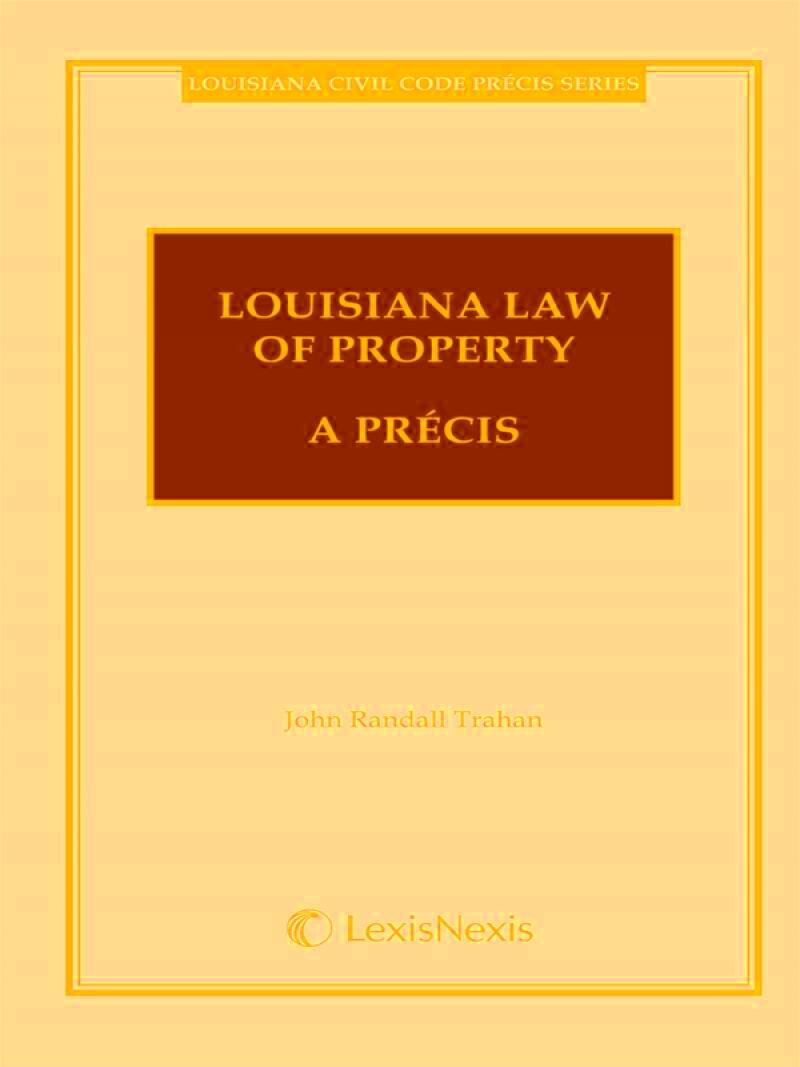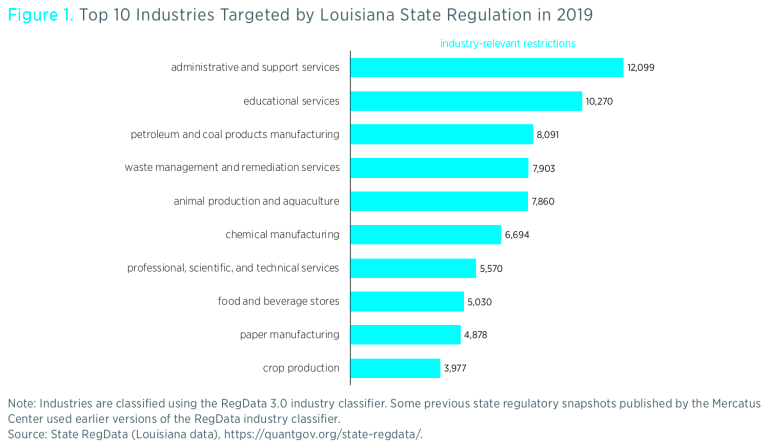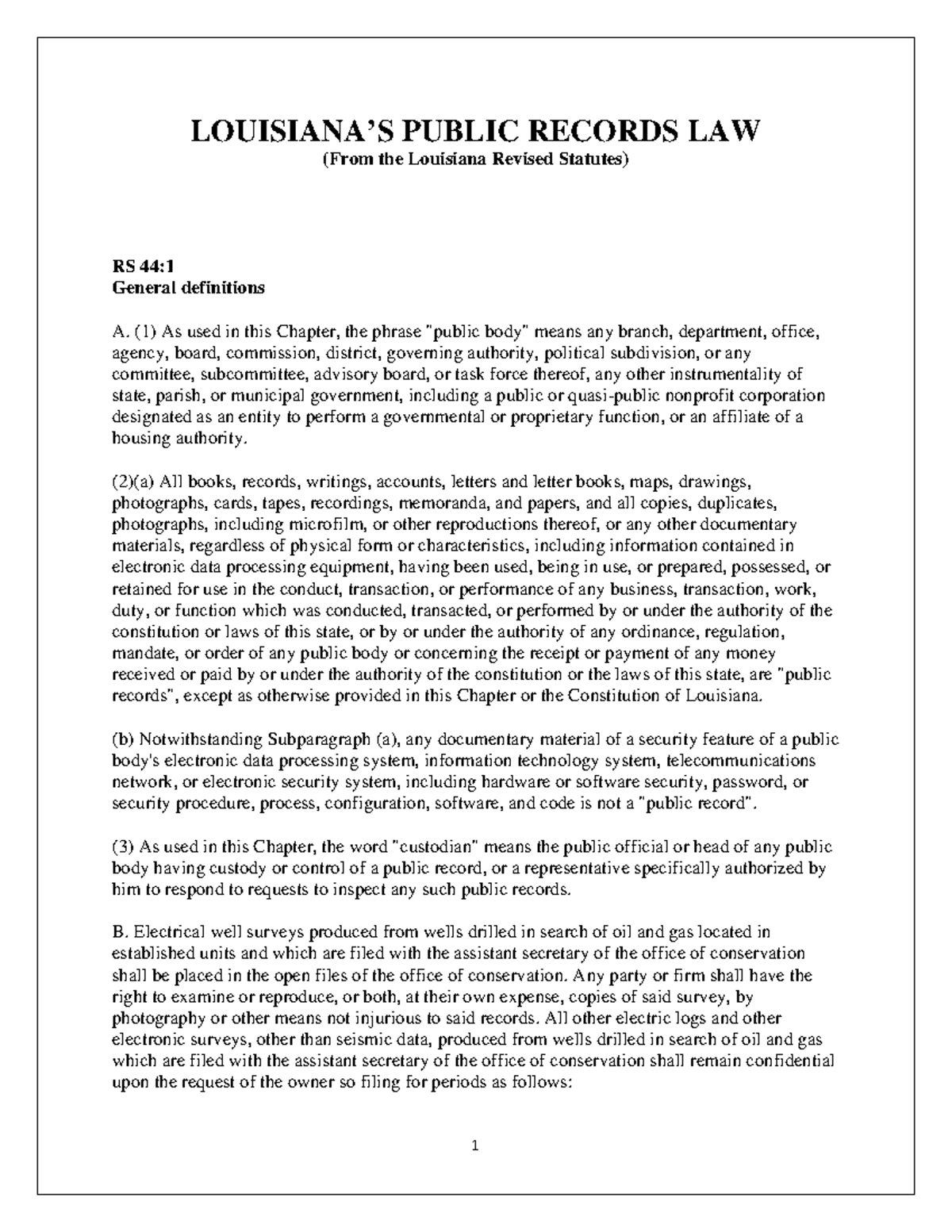An Overview of Repo Laws in Louisiana
Repo laws, or repossession laws, are vital for both borrowers and lenders in Louisiana. They outline the rules governing how lenders can reclaim property when borrowers fail to make payments. Understanding these laws can help you navigate the complexities of repossession and protect your rights. In this post, we will explore the repossession process, the legal framework in place, and the rights of both parties involved.
Understanding Repossession and Its Process

Repossession occurs when a lender takes back property or collateral due to the borrower’s failure to meet payment obligations. This is common with loans for vehicles, furniture, and other financed items. Here’s a simplified view of the repossession process:
- Default on Payment: The borrower misses a payment, triggering the lender’s right to repossess the item.
- Notice: Depending on the contract, the lender may be required to provide notice before repossession.
- Repossession: The lender can reclaim the property, typically without a court order, as long as it is done without “breaching the peace.”
- Sale of Property: After repossession, the lender may sell the property to recover the owed amount.
It’s important to remember that borrowers have rights throughout this process. Understanding these rights can help prevent unexpected surprises during a challenging time.
Legal Framework Governing Repossession in Louisiana

The legal framework for repossession in Louisiana is primarily found in state laws and the Uniform Commercial Code (UCC). Key points include:
- UCC Regulations: The UCC provides guidelines on secured transactions, including repossession. Lenders must follow these rules to ensure compliance.
- Security Agreements: Borrowers usually sign a security agreement, outlining the terms of the loan and the lender’s right to repossess the property.
- Notification Requirements: While Louisiana law does not mandate pre-repossession notice, it may be beneficial for lenders to communicate with borrowers.
- Peaceful Repossession: Lenders must avoid “breaching the peace,” meaning they cannot use force or threats during repossession.
Understanding this legal framework is crucial for both parties involved. It helps borrowers know their rights and responsibilities while guiding lenders in their actions.
Rights of Borrowers During Repossession

When facing repossession, borrowers in Louisiana have specific rights that protect them during this challenging time. It’s essential to understand these rights to avoid unfair treatment and ensure that the repossession process is conducted legally. Here are some key rights borrowers should be aware of:
- Right to Receive Notice: Although lenders aren’t always required to give notice before repossession, if the contract stipulates it, borrowers should receive prior communication.
- Right to Keep Personal Belongings: Borrowers have the right to remove personal items from the repossessed property before the repossession takes place.
- Right to Reinstatement: In some cases, borrowers can reinstate their loans by paying the overdue amount, including any late fees, before the lender repossess the property.
- Right to Challenge Repossession: If a borrower believes the repossession is wrongful, they can challenge it in court, especially if the lender did not follow proper procedures.
Understanding these rights can empower borrowers to take action and protect themselves during the repossession process.
Responsibilities of Lenders in Repossession
Lenders also have responsibilities during the repossession process to ensure that they act fairly and within the bounds of the law. Here are the key responsibilities that lenders must uphold:
- Compliance with the UCC: Lenders must follow the guidelines outlined in the Uniform Commercial Code when repossessing property.
- Peaceful Repossession: Lenders must avoid using force or intimidation during the repossession. If they breach the peace, borrowers can take legal action.
- Notification of Sale: After repossession, lenders are generally required to inform borrowers about the sale of the repossessed property.
- Fair Market Value: When selling the repossessed item, lenders should aim to obtain a fair market price to minimize any deficiency balance that the borrower may owe.
By adhering to these responsibilities, lenders can help create a more transparent and fair repossession process for everyone involved.
Impact of Repossession on Credit Scores
Repossession can have a significant negative impact on a borrower’s credit score, which can affect future financial opportunities. Here’s how repossession influences credit scores:
- Credit Score Reduction: A repossession can lower a credit score by 100 points or more, depending on the individual’s credit history.
- Duration of Impact: The repossession will remain on a credit report for up to seven years, influencing creditworthiness for future loans.
- Difficulty in Obtaining Credit: After a repossession, borrowers may find it challenging to secure new loans or credit cards, often facing higher interest rates or stricter terms.
- Long-Term Financial Effects: Repossession can lead to increased insurance premiums and hinder employment opportunities in certain industries where credit checks are common.
Understanding the potential consequences of repossession on credit scores can help borrowers make informed decisions and take steps to mitigate the impact.
Defenses Against Repossession
If you find yourself facing repossession, it’s crucial to know that there are potential defenses you can raise. Understanding these defenses can empower you to protect your rights and challenge the lender’s actions. Here are some common defenses against repossession:
- Failure to Provide Notice: If your contract requires the lender to notify you before repossession and they fail to do so, you may have grounds to contest the repossession.
- Wrongful Repossession: If the lender repossesses property without following the proper legal procedures, you can argue that the repossession was unlawful.
- Reinstatement of the Loan: If you managed to catch up on missed payments before the repossession occurred, you may have a defense based on reinstatement of the loan.
- Dispute Over Loan Terms: If there are discrepancies in the loan terms or if you were misled about the agreement, you can raise these issues as a defense.
Consulting with a legal professional can help you navigate these defenses and determine the best course of action for your specific situation.
Frequently Asked Questions About Repo Laws
Understanding repo laws can be complex, so it’s natural to have questions. Here are some frequently asked questions about repossession laws in Louisiana:
- What is repossession? Repossession is when a lender takes back property due to the borrower’s failure to meet payment obligations.
- Do lenders have to notify borrowers before repossession? Not always. However, some contracts may require prior notice.
- Can I get my property back after repossession? Depending on the situation, you may have options for reclaiming your property, especially if you can pay the overdue amounts.
- How long does a repossession stay on my credit report? Repossession can remain on your credit report for up to seven years, impacting your credit score.
- What should I do if my car is repossessed? Contact the lender to understand the next steps and explore your options for recovery.
These FAQs provide a starting point for understanding repossession laws, but consulting with a legal expert is always a good idea for personalized advice.
Conclusion on Repo Laws in Louisiana
Repo laws in Louisiana play a vital role in protecting the rights of both borrowers and lenders. By understanding these laws, you can navigate the complexities of repossession with greater confidence. Borrowers have specific rights that protect them during the repossession process, while lenders must adhere to legal guidelines to ensure fair treatment. It’s also essential to recognize the impact of repossession on your credit score and the possible defenses you can raise. Remember, if you find yourself in a challenging situation regarding repossession, seeking legal counsel can help you explore your options and safeguard your rights.


